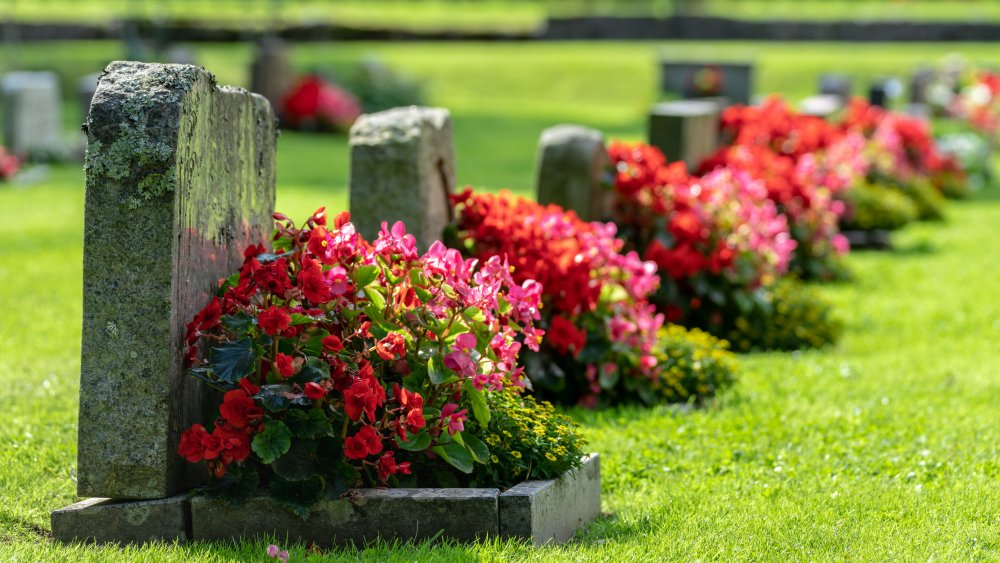Why You Should Think About Death Five Times A Day
For Esquire's "What I've Learned Series," David Bowie, as David Bowie often did, offered a piece of advice that went against the grain of general culture: "Confront a corpse at least once. The absolute absence of life is the most disturbing and challenging confrontation you will ever have."
While this piece of advice may seem completely at odds with Western culture's apparent need to obscure the fact of death, even from those dying, it falls squarely with a Bhutanese practice: "Think about death at least five times a day." This practice also ties in with the fact that Bhutan operates with a Gross National Happiness metric that, according to the Centre's website, uses a "multidimensional development approach seeking to achieve a harmonious balance between material well-being and the spiritual, emotional and cultural needs of society."
Karma Ura, director of the Center for Bhutan Studies, explained to startled BBC reporter Eric Weiner that this fear of dying plagues the West because it spends so much time ignoring it. It isn't to pretend that Bhutanese people don't have fears or feel sad when a relative dies, but instead they choose to face that fear and accept the fact, which neutralizes a lot of the anxiety.
Following this spirit, Ian Thomas, an app developer, and Hansa Bergwall, a 35-year-old publicist, developed an app called WeCroak, which sends its users five messages each day, reminding them of their mortality. Their website's tagline strikes at the point: "Find happiness by contemplating your mortality."
Memento mori
A second but not secondary goal of WeCroak is to reduce the amount of time we waste on useless interactions with our phone. "I've gotten angry at my phone and all the apps on it one too many times," Ian Thomas explained to Bianca Bosker, a contributing writer at The Atlantic. "I wanted to do something about it, take matters into my own hands, and create something that would reclaim it as a space that wouldn't just knock me off track, but also put me back on." In this manner, the reminder of death that interrupts our otherwise lifeless moments redirects us to live more fully by focusing us on death.
A similar attitude has emerged with the Death Positivity Movement, of which WeCroak may be considered an aspect.The Death Positivy Movement is championed by the Order of the Good Death, an organization created in 2010 by mortuary student Caitlin Doughty. According to their website, Doughty was transporting 11 corpses in her van while she daydreamed about a society in which we could be more open about our relationship with death. She gathered funerary practitioners and academics to explore ways to communicate the two first tenets of the Death Positivy Movement: "1. I believe that by hiding death and dying behind closed doors we do more harm than good to our society. 2. I believe that the culture of silence around death should be broken through discussion, gatherings, art, innovation, and scholarship." WeCroak fits in perfectly.

